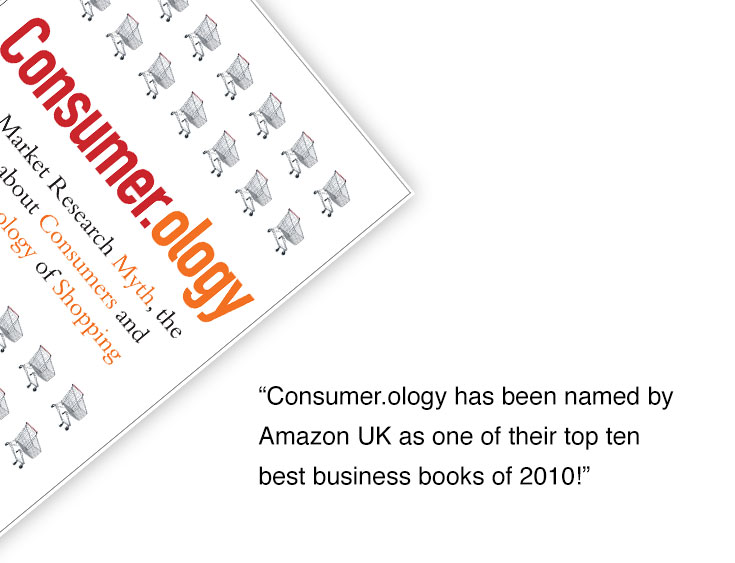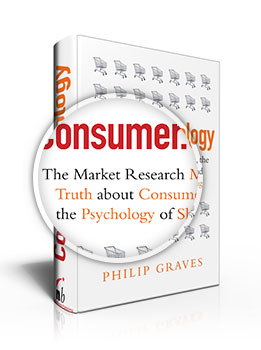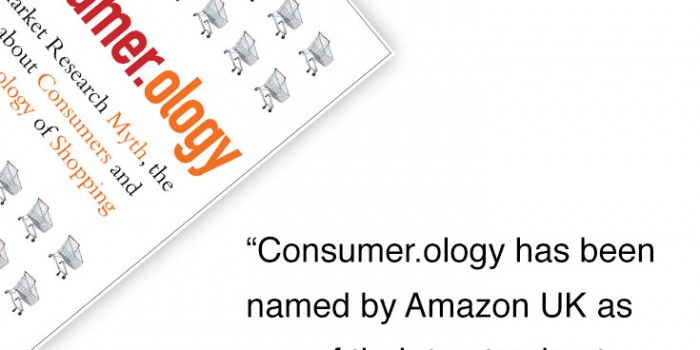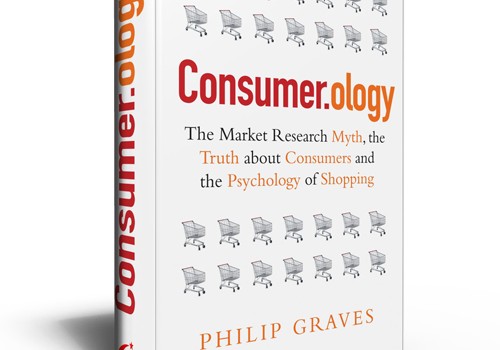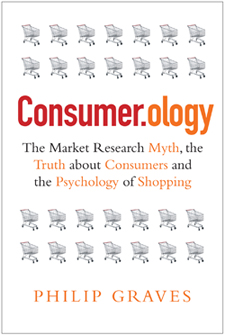Market research is a myth. Philip Graves, one of the world’s leading experts in consumer behaviour, reveals why the findings obtained from most market research are completely unreliable. Whether it is company executives seeking to define their corporate strategy or politicians wanting to understand the electorate, the idea that questions answered on a questionnaire or discussed in a focus group can provide useful insights on which to base business decisions is the cause of product failures, political blunders and wasted billions.
Consumer.ology exposes some of the most expensive examples of research-driven thinking clouding judgement, experience and evidence – from New Coke to General Motors, from Mattel to the Millennium Dome – and instances of success through ignoring market research, such as Baileys and Dr Who. It also shows organisations the tools they should be using if they want to understand their customers.
Using his unique AFECT approach, a set of five criteria to evaluate the reliability of any consumer insight, Graves asserts that it’s time for a fresh approach that embraces this new understanding of human behaviour. Along the way, he reveals why the current practice of market research is a false science, why we often don’t buy what we say we will, and how to understand consumers better than they do themselves. After reading Consumer.ologybusiness leaders and politicians will never look at market research in the same way again.
“Consumer.ology is a refreshingly iconoclastic skewer through the heart of traditional market research methods and reason. Graves’ peppering of psychological theory with pithy anecdotes of misguided consumer successes and failures is bound to at once ruffle feathers and get heads nodding within marketing and innovation circles.”
Blake H. Glenn, Senior Inventor, ?What if!
“Consumer.ology is a rich digest of insights on consumer psychology. It should be essential reading for marketers and general managers, and carefully hidden away from anyone whose livelihood depends on market research.”
“… will send a shiver down the spine of the research industry…”
Alan Giles, Chairman, Fat Face and
Associate Fellow Saïd Business School, University of Oxford
“A good read for anyone interested in the psychology of group behavior or the validity of market research methods as well as for those in the business sector trying to introduce new products to the public.”
Library Journal
“Fascinating stuff.”
Steve Wright, BBC Radio 2
“Graves does more than just show marketers the error of their ways. He shows them a path to better insight.”
Director Magazine
“Homo sapiens, “knowing man”, we call ourselves, and it’s true that by animal standards we know a great deal. But in the most mundane, colloquial sense, we don’t know what we want – out of our life, careers, relationships or the things we buy. Why ask us then? asks Philip Graves in this withering critique of market research “science” which, however, much ritual and jargon it may dress them up in, presents us with questions we’re simply not equipped to answer. We’re all consumers and the mysterious ways in which we make the myriad daily decisions are well worth examining. Consumer.ology is primarily aimed at a business readership but there’s thought-provoking stuff in here for the rest of us.”
Michael Kerrigan, The Scotsman
“… I should hate this book, and so should most of my research colleagues (but)… I love this book and would recommend it to anyone conducting market research.”
Katie Delahaye Paine (The Measurement Standard)
“I had the pleasure of reading this book while travelling to the EMAC annual conference last month. It wasn’t hard to keep the pages turning. This is a well-researched, lucidly written book that will force the market research industry to address some fairly troubling questions about what it does and how it does it. By implication, the academic research ‘business’ is in the firing line too, given that empirical data is often collected using the same techniques.”
Professor John Fahy, (www.JohnFahy.net)
“There are lots of great anecdotes and examples in this excellent book.”
Faris Yakob, 'Talent Imitates, Genius Steals' blog
“This is a fascinating book which might change your view about market research forever! The book offers a series of factors, which if considered carefully, can actually improve the accuracy of research: though you’ll never look at research in quite the same way! This book is a real eye opener and I would recommend it for any manager at any stage in their career.”
Chartered Management Institute
Related Articles
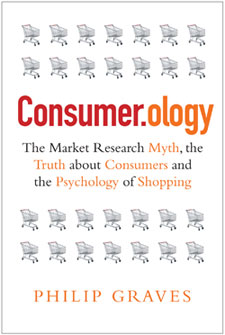
An Amazon top 50 best seller and selected by them as the one of the top ten best business releases of 2010.
